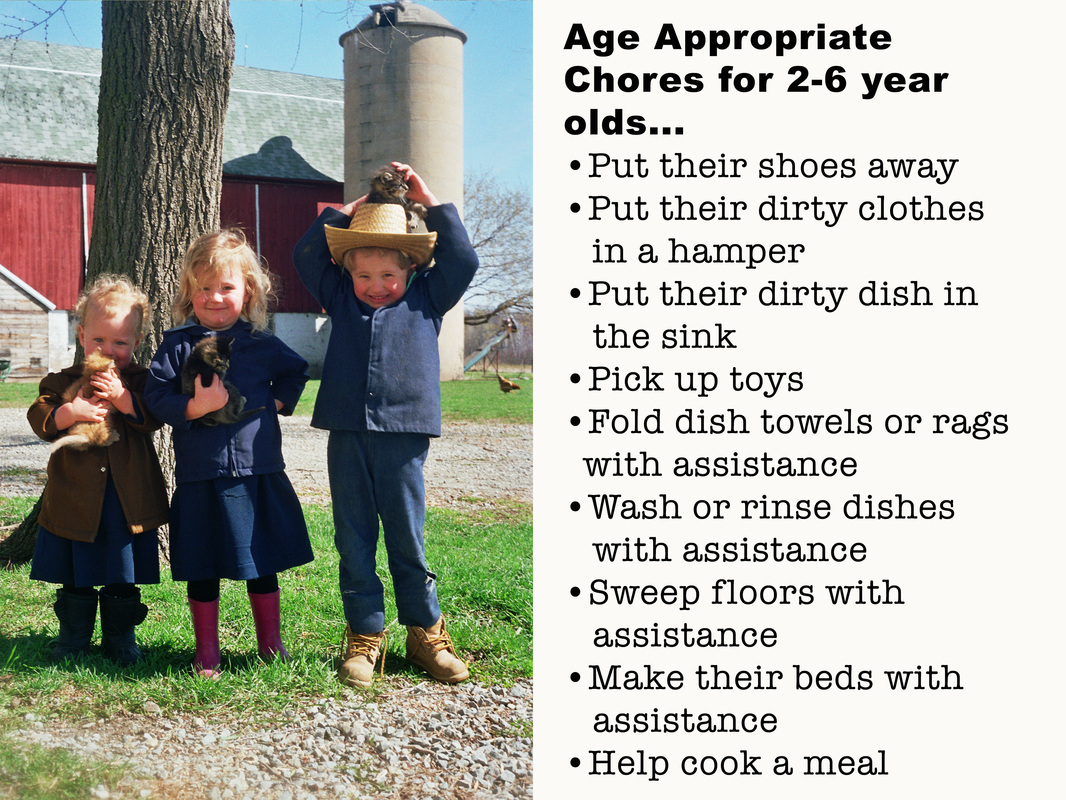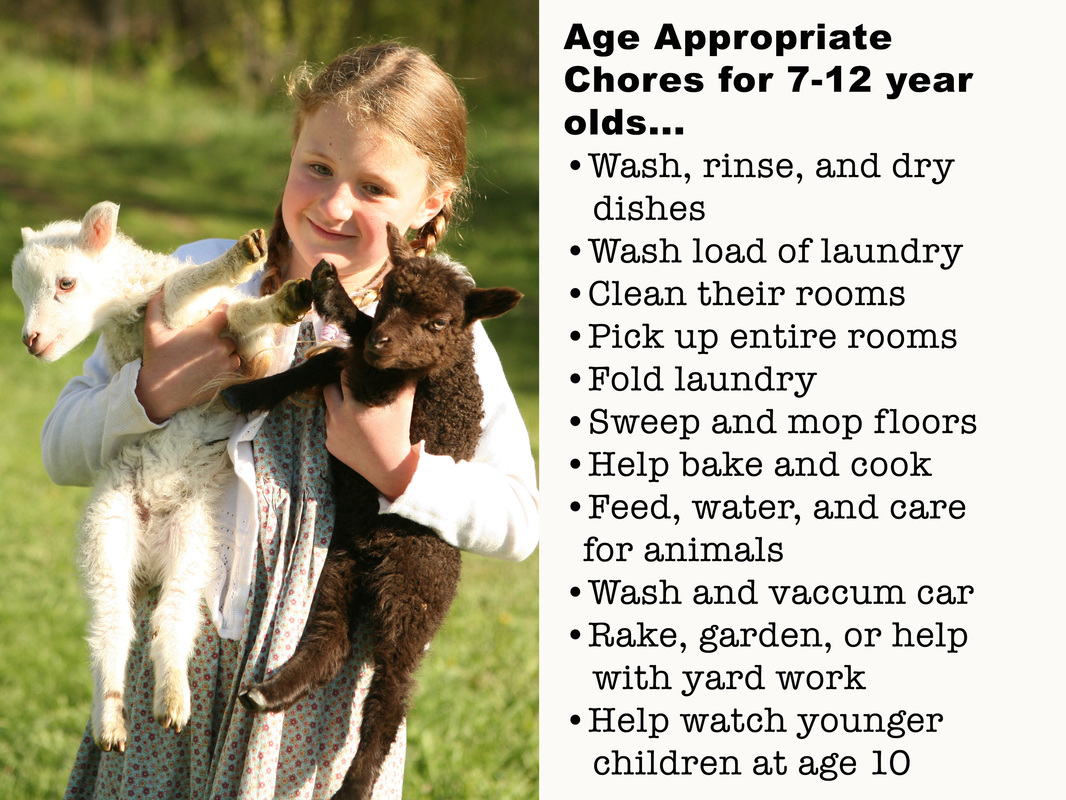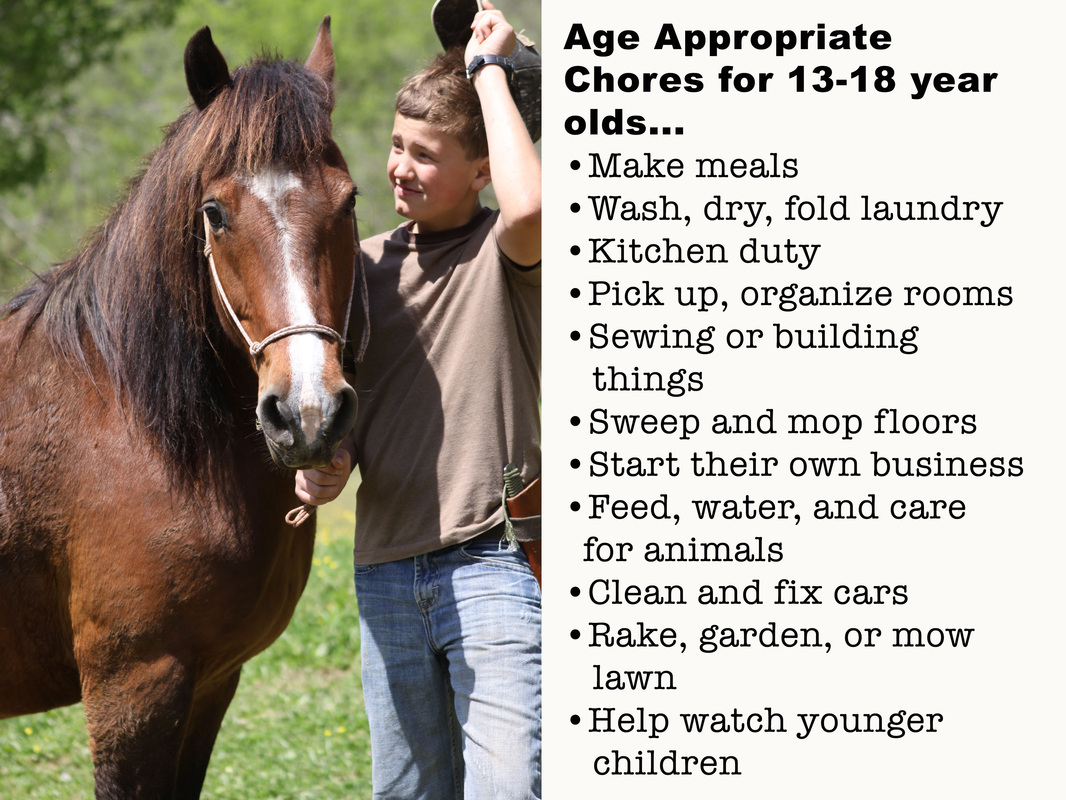Proverbs 10:4 – He becometh poor that dealeth [with] a slack hand: but the hand of the diligent maketh rich.
Proverbs 13:4 – The soul of the sluggard desireth, and [hath] nothing: but the soul of the diligent shall be made fat.
“A” worker-sees what needs to be done and does it
“B” worker-asks for work “What can I do next?”
“C” worker-has to be told to work
“D” worker-avoids workToday we will focus on the Third type.
The “C” Worker:
I like to think of “C” as common and consistent…
- The “C” worker has to be told to do work because they have a hard time thinking of doing work on their own.
- The “C” workers do well in factory work where they punch a clock and know what is expected of them.
- “C” workers are hard working, dependable people who will be satisfied with mundane tasks.
- “C” workers are content working for others their entire life.
- The “A” workers need “C” workers to assist in building their masterpieces and completing all the background tasks without complaining.
- While the “B” worker is constantly competing to be as useful as possible and asking for more things to do, the “C” worker will gladly just keep peddling at the same thing without questioning.
One of the greatest qualities of the “C” worker is their consistency. They just work at what ever the job they are told without complaint. They also have the ability to work at the same job for their entire lives and never wish for something else to do like an “A” or a “B” worker will. This “C” worker can fit one part on a machine that the “A” worker invented for 8 hours, 5 days a week! They do not care about the person who invented it nor do they understand why the part was needed. They just systematically fit the part because that was what they were told to do. “C” workers are happiest when they can drive into a parking lot, punch in, and work all day until they get their paycheck. They are doers. The “C” worker is faithful and good to have on the work force. It is nice for the “A” workers to have their “C” workers that do not question the work they are given no matter what the conditions may be.Cons to the “C” Worker:
The “C” worker will only do what is required of them. They will not look for more to do like the “A” worker and they will not ask for more to do like the “B” worker. They will just do what is expected and then they are done as far as they are concerned. The “C” worker will work hard as long as they have something they are told to do, but you can find them sitting around until you give them more work. They will not be eager to go above and beyond the call of duty. “C” workers will usually never be wealthy. They will always just have enough or feel strapped. They go from paycheck to paycheck. The “C” worker does not have the confidence to jump into advancements or take risks to start their own business. They tend to stay working a 9 to 5 job and make a steady income no matter if it keeps them in a low income bracket. “C” workers can be more self oriented because they never have the challenge of thinking about others or making the world a better place. They work all day long and come home beat.How do you train someone to be a “C” worker?
Give them a list of things to do. Write down everything needed to be done and what time it should be done and a person can easily learn the “C” working method. Within a week of keeping a list, a person can be on their way to consistently being productive and dependable.Most Children are born “D” workers but can be trained to be a “C” worker very early in life.
“C” worker lists are the perfect place to start when training a child to be productive…
I love lists. I have a list for myself each day as well as for my children. A child is given to us to lead and guide. They do not automatically work and find things to be productive. It is a parent’s duty to lead them into a life of good work ethic. Starting when they are very small, a parent needs to tell the child what to do and what they need to take responsibility for. A two year old can have a list. They may not be able to read that list, but it will keep a parent in the mode of training.
Many parents in today’s culture like to ask their child what they want for each and everything in their lives. For breakfast the parent will ask the toddler, “What would you like for breakfast?” They child will sit there and think. They may change their mind but that is no bother. Mother will make them a few different things. As the toddler shoves one plate away and snarls and whines, they beg for something else. They say “I don’t want cheese, I want a donut!!!! Give me a donut now!!!” Mom becomes the child’s servant and the roles are sadly switched. The child was not given to a parent so the child could tell the parent what to do, the child was given to the parent so the parent could teach the child how to become functioning member in society and more importantly, how to become a parent themselves one day.
Instead, the parent should tell the child, “It is time for breakfast. We are having scrambled eggs. It is time to get dressed and pick up your toys.” Period. End of discussion. A little child after they are done eating can be told, “Now it is time to clean up our dishes.” A two year old can carry their bowl to the sink and pull up a chair, stand on the chair to rinse their bowl out. When you ask a child if they want to do a task, the child is intelligent enough to realize that when given the choice to do work, they can easily say “no”, thus avoiding the work altogether. A child who is used to having their way and getting what they want will be handicapped for their entire lives. They will learn to be self serving, lazy, and ungrateful for what they have and will not be a productive member in society. They will learn to take handouts and they will never want to work for anything. They need structure to learn how to work from an early age. This structure will give them a feeling of being needed and being a part of something important which will give them the self worth they need as they mature.
Making a List for your “C” workers:
For example here are some age appropriate chores that can be added to a To Do List for any age of child:
“I can do all things through Christ which strengtheneth me.” Philippians 4:13








